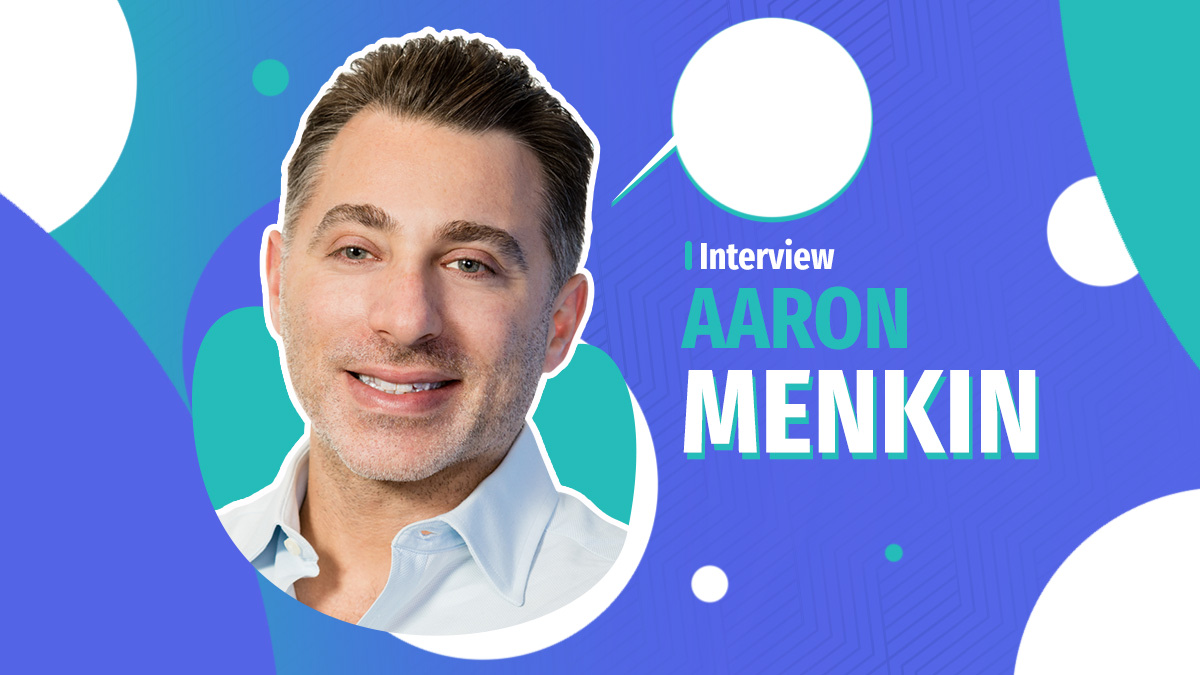Building High-Impact Teams with Aaron Menkin, EVP of Gainor

Joy Wallet is advertiser-supported: we may earn compensation from the products and offers mentioned in this article. However, any expressed opinions are our own and aren't influenced by compensation. To read our full disclosure, click here.
Key skills for today’s job market
AI’s impact on recruiting
Finding high-quality talent
- Defining top talent: We start by thoroughly understanding what "top talent" looks like from the hiring company's perspective. This includes aligning on the role's technical qualifications, soft skills, cultural alignment, and long-term potential.
- Leveraging industry expertise: With in-depth knowledge of competitive landscapes within marketing, media, and professional services, we pinpoint where top talent relevant to the role is currently employed. We maintain an exhaustive list of leading companies across niche submarkets, as it enables us to target the best candidates in the most relevant organizations.
- Utilizing a pre-built network: For industries in which we frequently work, we are already connected to top candidates. This access to passive talent — those not actively applying to job postings — allows us to deliver exceptional candidates more quickly. Our extensive network also serves as a referral base that unlocks further access to standout professionals.
- Expert candidate evaluation: Our team has deep experience in assessing candidates' technical skills, soft skills, and intangibles. This ensures we align not just on qualifications but also on fit with the company’s culture and long-term goals.
Building client-candidate relationships
Remote work and talent sourcing
Balancing client and candidate needs
Advice for aspiring recruiting managers
Measuring ROI in recruitment
- Testing in phases: We evaluate new tools by running small-scale pilot programs. A select group of users tests the technology, providing feedback to determine if it’s worth rolling out more broadly.
- Measuring impact: Once implemented at scale, we track both anecdotal and measurable productivity gains over a set period, typically a quarter, to assess effectiveness and ROI.
- Avoiding redundancies: With multiple tools in use, redundancies creep in. Every few months, we review our tech stack holistically to identify overlaps, eliminate inefficiencies, and decide where new solutions might be needed.
Financial challenges in hiring top talent
- Prolonged hiring timelines: Time is money. When hiring drags on, it places a disproportionate burden on staff, affecting productivity and morale. For example, if a team loses a key member, existing employees take on additional workloads, which increases burnout risk and jeopardizes client satisfaction. This can lead to further turnover and higher costs to backfill multiple roles. Companies can mitigate this by streamlining their hiring processes, working with specialized recruiters, and clearly defining role requirements upfront.
- Scarcity of skilled talent: With rapid advancements in AI and tech, the demand for professionals who can effectively use these tools has outpaced supply. These individuals are critical to driving business success but are hard to secure. Offering competitive compensation, continuous learning opportunities, and a strong employer brand can help attract and retain these in-demand professionals.
- Operational and financial risks of vacancies: Talent gaps have ripple effects. Managers left unsupported may feel they’re being set up to fail and could leave, which further compounds costs. Additionally, delays in hiring can slow project delivery, impact margins, and harm client relationships. Partnering with expert recruiting firms can accelerate the hiring process and ensure better alignment between candidate skills and business needs to reduce costly mismatches.
Joy Wallet is an independent publisher and comparison service, not an investment advisor, financial advisor, loan broker, insurance producer, or insurance broker. Its articles, interactive tools and other content are provided to you for free, as self-help tools and for informational purposes only. They are not intended to provide investment advice. Joy Wallet does not and cannot guarantee the accuracy or applicability of any information in regard to your individual circumstances. We encourage you to seek personalized advice from qualified professionals regarding specific investment issues. Featured estimates are based on past market performance, and past performance is not a guarantee of future performance.
Our site doesn’t feature every company or financial product available on the market. We are compensated by our partners, which may influence which products we review and write about (and where those products appear on our site), but it in no way affects our recommendations or advice. Our editorials are grounded on independent research. Our partners cannot pay us to guarantee favorable reviews of their products or services.
We value your privacy. We work with trusted partners to provide relevant advertising based on information about your use of Joy Wallet’s and third-party websites and applications. This includes, but is not limited to, sharing information about your web browsing activities with Meta (Facebook) and Google. All of the web browsing information that is shared is anonymized. To learn more, click on our Privacy Policy link.
Images appearing across JoyWallet are courtesy of shutterstock.com.
We are entrepreneurs, investors, fintech enthusiasts, journalists, and masters of aggregating and deciphering data. We have been working in the financial services industry for over seven years and wanted to build a place where we can bring together the brightest minds and organizations to help you make more money.
With access to the right opportunities, you can take care of the ones you love and create a more prosperous lifestyle. We made Joy Wallet out of a desire to find the best financial partners, strategies and tools to help you achieve your life goals and make the most of money.








